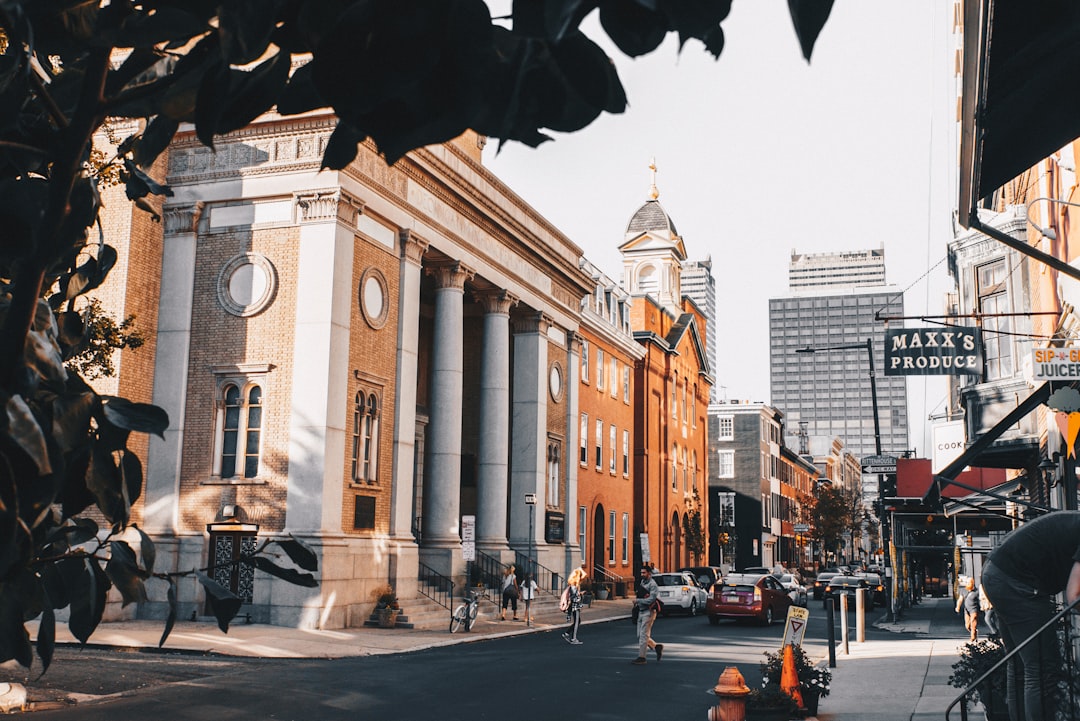Robocall law firms in Philadelphia are inundating residents with automated calls, causing frustration and privacy concerns. These calls disrupt daily life, potentially harm mental health, and bypass consent for data collection. Despite efforts like the No Call Registry, strict regulations are needed to protect Philadelphians from intrusive robocalls, especially vulnerable communities. Residents can counter this by educating neighbors and establishing do-not-call lists.
In the digital age, robocalls have become a ubiquitous yet often unwanted aspect of daily life. This is particularly pronounced in vibrant communities like Philadelphia, where residents grapple with an influx of automated phone calls from various sources, including robocall law firms. This article delves into the broader social implications of these calls, exploring their impact on Philadelphia residents, examining legal perspectives and the rise of robocall law firms, and highlighting community engagement strategies to combat invasive calls.
Exploring Robocalls' Impact on Philadelphia Residents
In Philadelphia, like many urban centers, residents are increasingly facing a nuisance from unwanted robocalls. These automated phone calls, often originating from law firms utilizing advanced technology, can have profound social implications. Beyond the immediate frustration and disruption, frequent robocalls may contribute to heightened stress levels and even impact mental health, especially for vulnerable populations.
Moreover, the prevalence of robocall law firms in Philadelphia raises concerns about privacy and consent. With each call, residents’ personal information is collected and used without explicit permission, potentially leading to a loss of control over their data. Understanding these impacts is crucial as regulations like the No Call Registry strive to protect Philadelphians from intrusive robocalls.
Legal Perspectives: The Rise of Robocall Law Firms
In recent years, the landscape of communication in Philadelphia, like many urban centers, has seen a surge in automated phone calls, commonly known as robocalls. While some are for legitimate purposes, an increasing number originate from robocall law firms, using sophisticated technology to blanket communities with legal notices and advertisements. This trend raises important legal considerations, particularly regarding consumer protection and privacy rights.
Philadelphia’s legal community has witnessed a corresponding rise in cases involving these automated calls, prompting the need for stricter regulations. Legal experts argue that robocall law firms often employ aggressive tactics, taking advantage of the anonymity afforded by automated systems to bypass traditional ethical standards. As such, there is a growing push for more comprehensive legislation targeting these practices, with the goal of protecting residents from intrusive and potentially misleading robocalls.
Community Engagement: Strategies Against Invasive Calls
Philadelphia communities, like many others across the country, have been increasingly plagued by unwanted robocalls, particularly from law firms seeking new clients. This deluge of automated calls can feel intrusive and disruptive, leading to a breakdown in community engagement. To combat this issue, residents and local organizations can employ several strategies inspired by the growing awareness around robocall regulations.
One effective approach is to educate and empower neighbors. Encouraging open dialogue about robocalls and sharing information on how to block or report them can foster a collective defense against intrusive marketing tactics. Additionally, community-led initiatives like establishing local do-not-call lists or organizing neighborhood watch programs specifically targeting robocallers can help mitigate the problem at a grassroots level. By adopting these proactive measures, Philadelphia communities can reclaim their communication channels and create a more welcoming environment for genuine connections.






